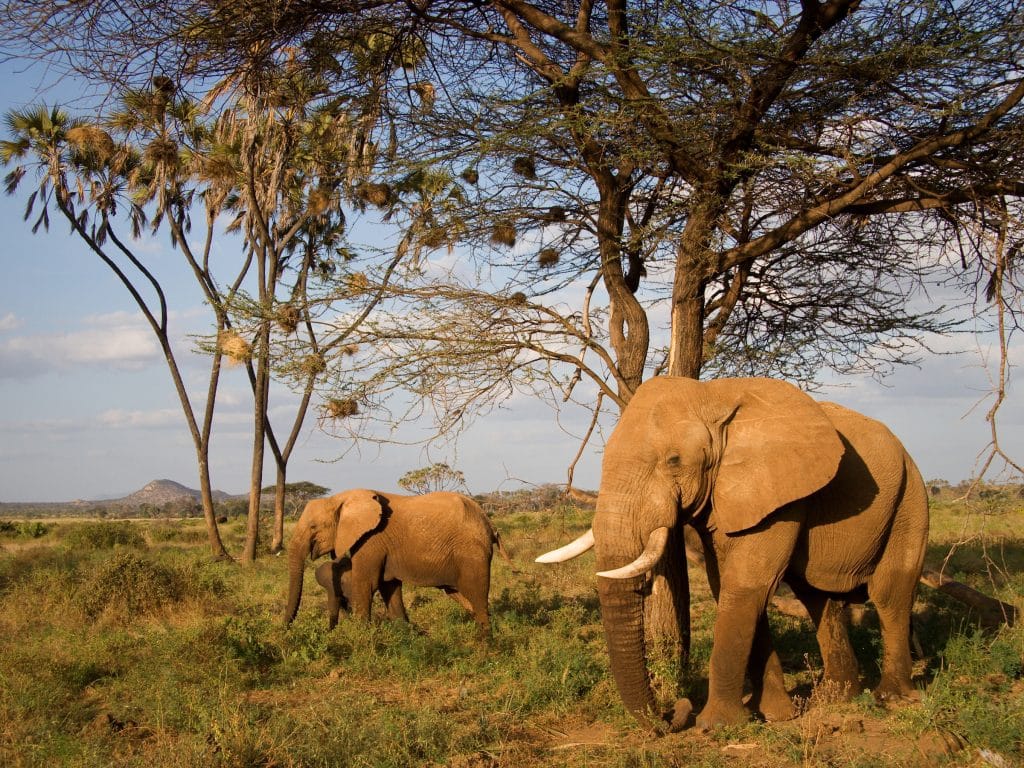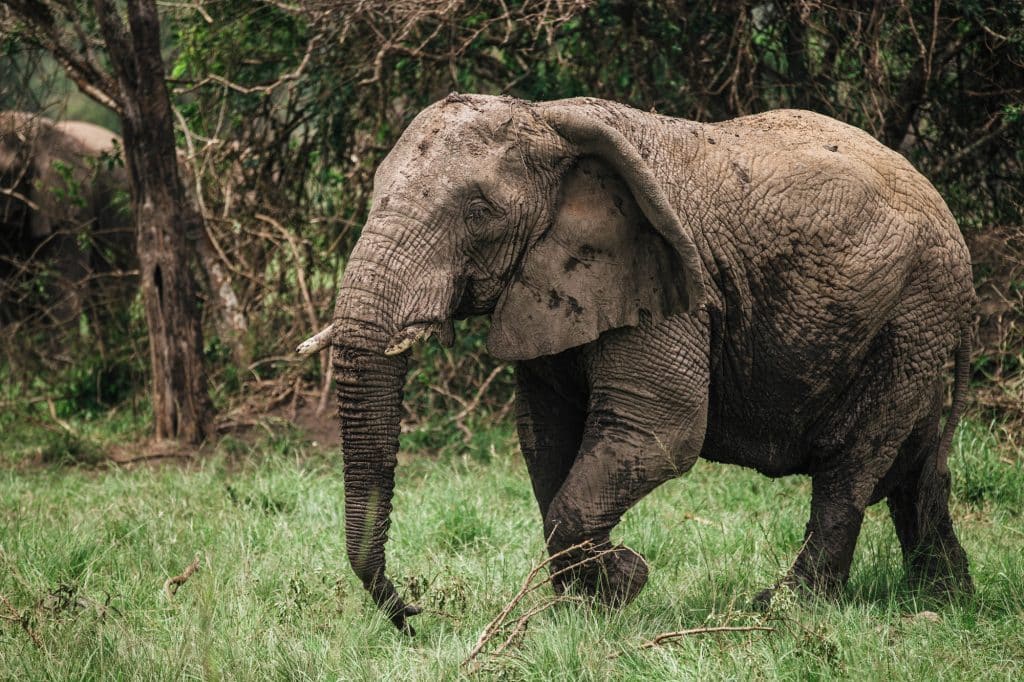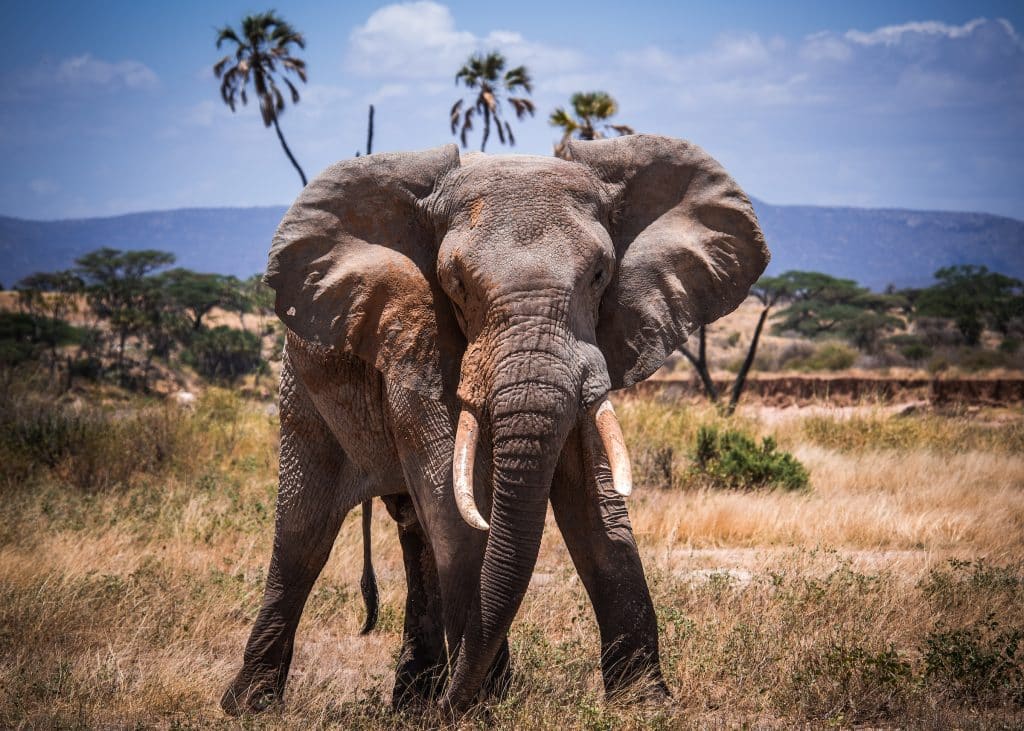An icon of wildlife, African elephants are a pivotal player when it comes to mitigating climate change. Sadly, even though elephants are putting up a mighty effort to combat climate change, they are still becoming victims of it. Researchers conducted a study on how climate change directly impacts African elephant populations. The data revealed a vulnerable demographic that will lead to substantial problems within the African elephant population—older elephants are by far the most impacted by climate change compared to their younger counterparts.
The researchers ran different future climate increase scenarios at 1.6º, 2.8º, and 4.3º Celsius and determined that older elephants will be immensely impacted in every instance of global warming. Because elephants are matriarchal, the older elephants’ decreased chances of survival impacts the species as a whole to withstand climate change. As their older leaders disappear due to climate change, the younger elephants’ own chances of survival begin to wane. Not only will their disappearance shape their genetic future, but the younger elephants will miss out on opportunities to grow from the older elephants’ guidance and wisdom.

If elephant populations were to decline due to climate change, their landscapes would also be negatively impacted. Elephants populate many terrains that have varying degrees of carbon density (the amount of carbon stored within them). Elephants like to feed on the low carbon density trees, which in turn allows high carbon density trees to get more sunlight and absorb more carbon. Elephants eat the fruit off of these trees and the seeds are spread over wide ranges through their dung. Elephants will also trample thick vegetation which, if left unchecked, will absorb the sun’s heat and increasingly warm the ground.
Prioritizing a solution to combat the impact of climate change on older elephants is an important to helping preserve their species as a whole. Without older elephants to help guide the younger ones, the species will be in serious trouble. With less elephants, our planet will continue to warm and we will continue to lose elephants and other wildlife. The climate and wildlife crises are inherently interwoven, and it is essential to conserve wildlife like elephants in order to improve the health of the planet that all wildlife and people share.



